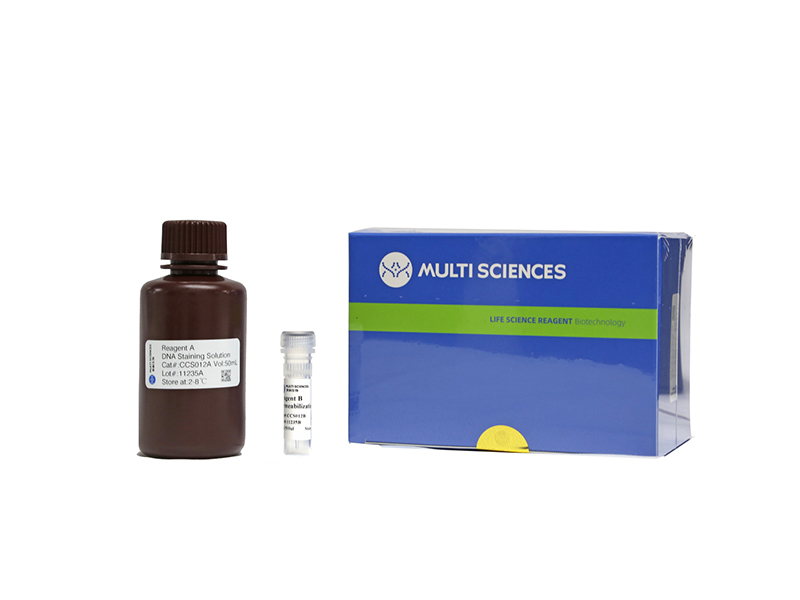Long intergenic non-coding RNA(lincRNA) is transcribed from the intermediate regions of coding genes and plays a pivotal role in the regulation of lipid synthesis. N6-methyladenosine (m 6 A) modification is widely prevalent in eukaryotic mRNAs and serves as a regulatory factor in diverse biological processes. This study aims to delineate the mechanism by which Linc-smad7 mediates m6A methylation to regulate milk fat synthesis. Tissue expression analysis in this study revealed a high expression of Linc-smad7 in breast tissue during pregnancy. Cell proliferation assays, including CCK8 and EdU assays, demonstrated that Linc-smad7 had no significant impact on the proliferation of mammary epithelial cells. However, during mammary epithelial cell differentiation, the overexpression of Linc-smad7 led to reduced lipid formation, whereas interference with Linc-smad7 promoted lipogenesis. Mechanistically, Linc-smad7 was found to modulate RNA m 6 A levels, as evidenced by dot blot assays and methylated RNA immunoprecipitation sequencing (MeRIP-Seq). Subsequent validation through RT-qPCR corroborated these findings, aligning with the m 6 A sequencing outcomes. Furthermore, co-transfection experiments elucidated that Linc-smad7 regulates lipid synthesis in mammary epithelial cells by influencing the expression of METTL14. In summary, these findings underscore the regulatory role of Linc-smad7 in controlling METTL14 gene expression, thereby mediating m 6 A modifications to regulate lipid synthesis in mammary epithelial cells.
文章引用产品列表
-
- CCS012
- 周期试剂盒
Cell Cycle Staining Kit 细胞周期检测试剂盒
- ¥390.00



